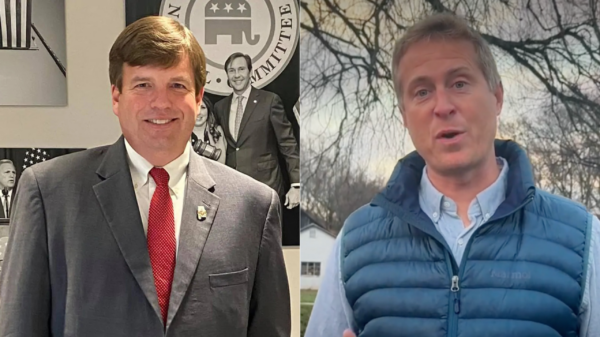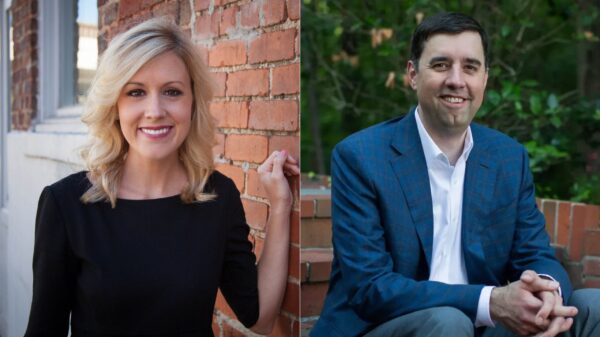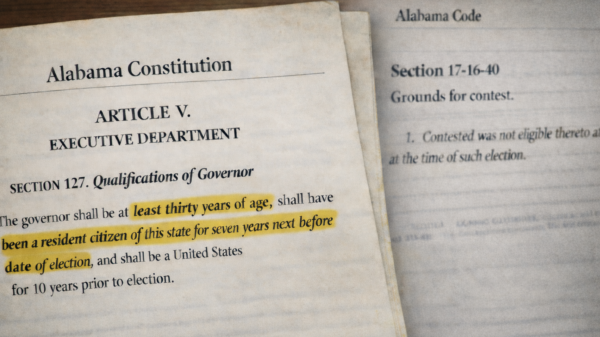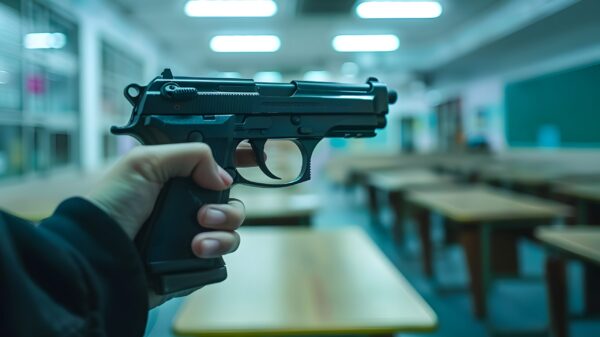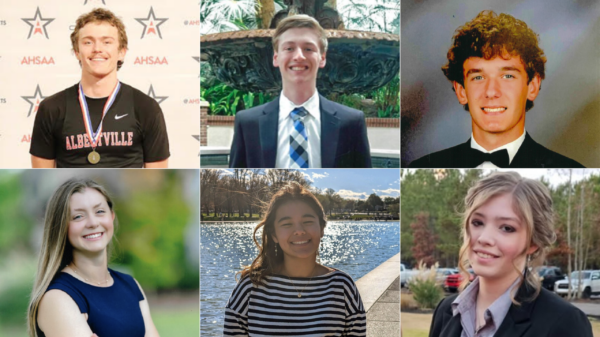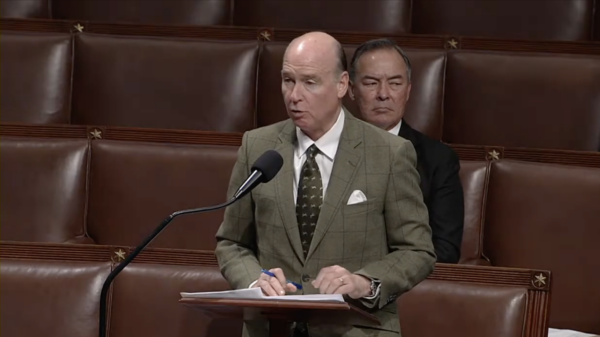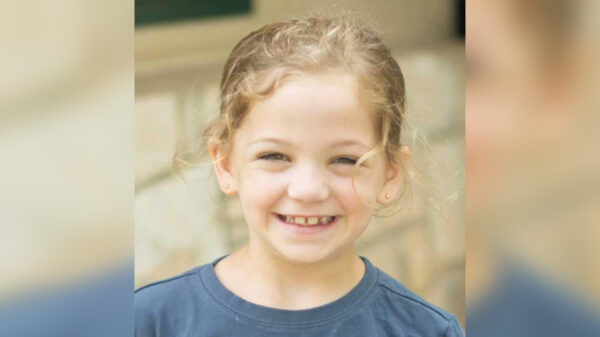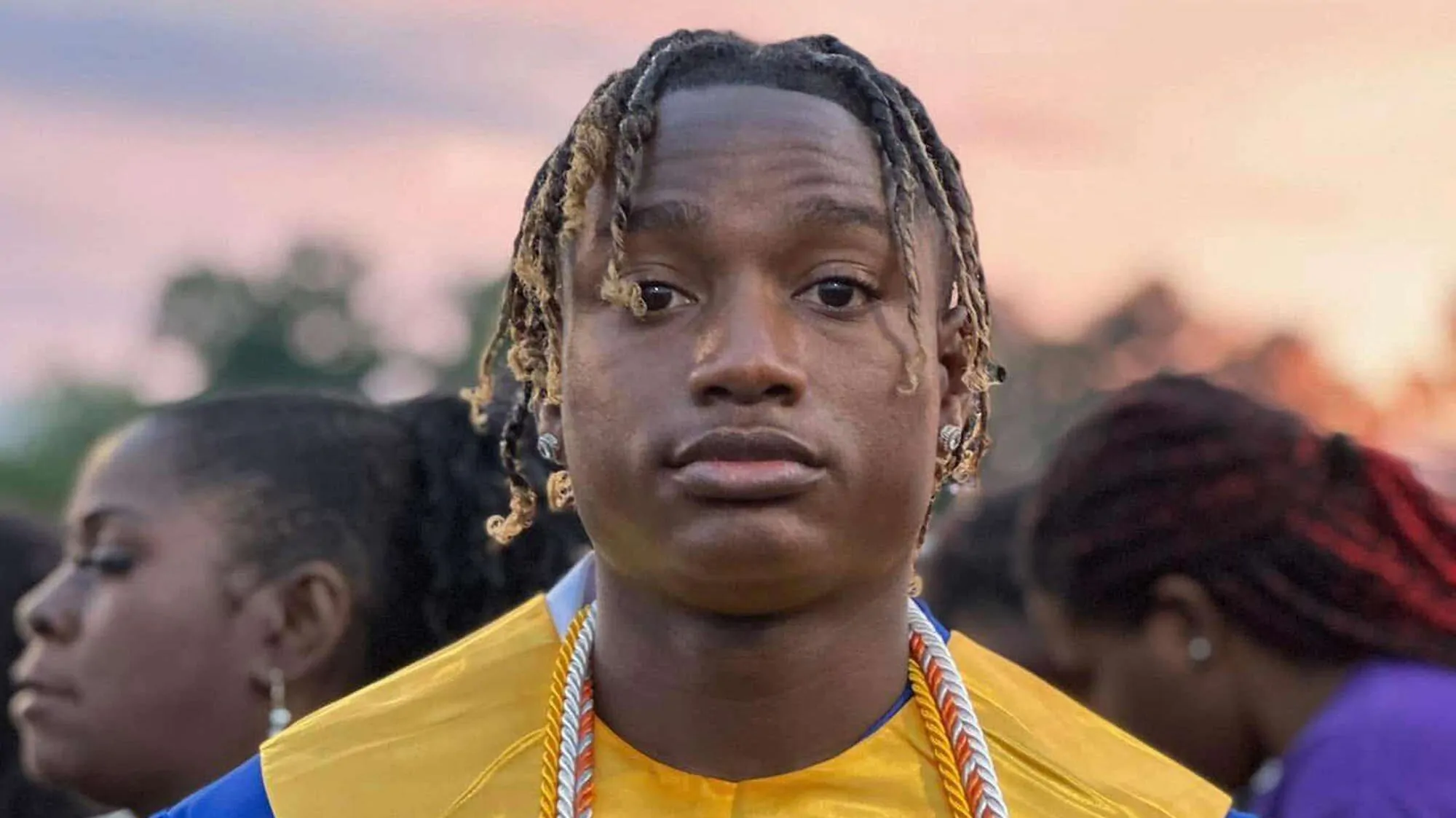Jabari Peoples’ family is demanding answers after a preliminary independent autopsy revealed the 18-year-old college freshman was fatally shot in the back during a police encounter in June.
Surrounded by a team of civil rights attorneys and community members, the family spoke out during a press conference Tuesday, urging the Alabama Law Enforcement Agency to release body camera footage of the incident.
At the heart of the family’s concern is the lack of transparency surrounding the circumstances of Peoples’ death. Civil rights attorney Ben Crump, who is representing the family, said a private autopsy conducted in Atlanta showed that Jabari had no exit wound and that the bullet was not recovered from his body. Crump said the video footage is crucial to fully understand what happened in Peoples’ final moments, especially given the official narrative from police.
According to a statement released by the Homewood Police Department, an officer approached Jabari and his girlfriend in a parked vehicle at a local soccer complex due to the smell of what the officer believed was marijuana. Police say a struggle ensued after the officer attempted to arrest Peoples for possession of a controlled substance.
Attorneys for the family, including Crump and Birmingham-based Leroy Maxwell Jr., stressed that ALEA’s refusal to release the body camera footage removes trust between the agency and the public.
“If the goal is transparency and justice, then this should not be a hard request,” Maxwell said. “Show the video.”
Attorney Eric Hertz, part of the legal team, said that based on the autopsy, the bullet appeared to enter through Jabari’s back, damaging vital organs. The absence of an exit wound and lack of access to the bullet complicates the full trajectory and force of the shot.
“We’re working with incomplete information, trying to piece together what happened from what little the state has provided,” Hertz said. “It’s deeply unfair to this family.”
“This makes us think even more about what happened,” Crump said, “but most importantly, it underscores again why we got to see that video.”
Peoples’ parents, Vivian Sterling and William Peoples, said they were not contacted by authorities the night of the shooting. They learned more details through news outlets than from any official source. The Jefferson County Coroner’s Office, which conducted a separate autopsy, reportedly did so without family consent and has declined to release findings at the request of ALEA.
Crump reminded the crowd that Jabari was a young man with no criminal record, studying computer information systems and criminal justice, and dreaming of becoming a police detective himself.
“Jabari represented the best of what we hope for in our children,” he said.
As the family waits for clarity, they say the push for answers is about more than just one case. It’s about setting a precedent for how Alabama and the nation respond when the lives of young Black men are lost in encounters with law enforcement.
“Justice for Jabari,” Crump said, “means justice for all of us.”


